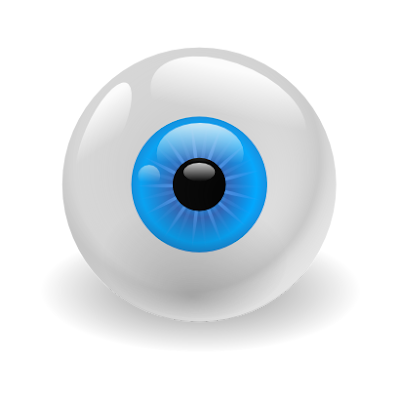what is allergic conjunctivitis,?
When the eyes are exposed to substances like pollen or mold spores, they can become red, itchy and watery. These are the symptoms of allergic conjunctivitis. Allergic conjunctivitis is an inflammation of the eye caused by an allergic reaction to substances such as pollen or mold spores.
The inside of the eyelids and the roof of the eyeball have a membrane called the conjunctiva. The conjunctiva is susceptible to allergens from irritation, especially during the hay fever season. Allergic conjunctivitis is quite common. It is the reaction of your body to the substances you consider potentially dangerous.
What are the types of allergic conjunctivitis?
Allergic conjunctivitis is divided into two main types:
Acute allergic conjunctivitis
It is a short-term condition that is most common during the allergy season. Her eyelids swell suddenly, itching and burning. You may also have a watery nose.
Chronic allergic conjunctivitis
A less common condition called chronic allergic conjunctivitis can occur year round. This is a smoother response to allergens such as food, dust and dander from animals. The most common symptoms come and go, but they include burning and itching of the eyes and sensitivity to light.
What are the causes of allergic conjunctivitis?
He experiences allergic conjunctivitis when the body tries to defend itself against a perceived threat. It did so in response to the factors that trigger histamine release. The body produces this very strong chemical substance to fight against foreign invaders. Some of the substances that cause this reaction are:
House dust
Pollen, trees, grass
Mold spores
Hair of the pets
Fragrance chemicals such as household detergents or fragrances
Some people may also experience allergic conjunctivitis in reaction to certain medications or substances fallen into the eyes, such as a solution for contact lenses or eye drops.
Who is at risk for allergic conjunctivitis?
Allergic people are more likely to develop allergic conjunctivitis. According to the American Asthma and Allergy Foundation, allergies affect 30 percent of adults and 40 percent of children, and often occur in families.
Allergies affect people of all ages, although they are more common in children and young adults. If you have allergies and live in areas with high pollen content, you are more susceptible to allergic conjunctivitis.
What are the symptoms of allergic conjunctivitis?
Red eyes, itching, tearing and burning are common symptoms of allergic conjunctivitis. You may also wake up in the morning with puffy eyes.
How is allergic conjunctivitis diagnosed?
Your doctor will examine your eyes and look at your allergy history. Redness of the whites of the eye and bumps on the inside of the eyelids are visible signs of conjunctivitis. The doctor can also order the following tests:
A skin allergy test exposes the skin to specific allergens and allows your doctor to examine your body's reaction, which may include swelling and redness.
A blood test may be recommended to see if your body produces proteins or antibodies, to protect against specific allergens such as mold or dust.
Scratching the conjunctiva tissue can be taken to check your white blood cells. Audiophiles are white blood cells that are activated when you have allergies.
Treatment;
How is allergic conjunctivitis treated?
There are many treatment methods available for allergic conjunctivitis:
Home care
Treating allergic conjunctivitis involves a combination of strategies and prevention activities to alleviate your symptoms. To minimize exposure to allergens:
Close the windows when the number of pollen is high
Keep your home dust free
Use an indoor air purifier
Avoid exposure to chemicals, dyes and perfumes
To relieve your symptoms, avoid rubbing your eyes. Applying a cold compress to the eyes can also help reduce swelling and itching.
pharmaceutical products;
In the most problematic cases, home care may not be adequate. You should consult a doctor, who can recommend the following:
An oral or over the counter antihistamine to reduce or block the release of histamine
Eye drops anti-inflammatory or anti-inflammatory
Eye drops to contract congested blood vessels
Eye drops of steroids
The Long Term;
What are the long-term prospects?
With proper treatment, you may experience relief or at least reduce your symptoms. Exposure to the allergen recurrent, however, is likely to trigger the same symptoms in the future.
Prevention;
How to prevent allergic conjunctivitis?
Completely avoiding environmental factors that cause allergic conjunctivitis can be difficult. The best thing you can do is limit your exposure to triggers. For example, if you know you are allergic to house dust or perfume, you can try to minimize your exposure by using unscented soaps and detergents. You may also consider installing an air purifier in your home.


Comments
Post a Comment